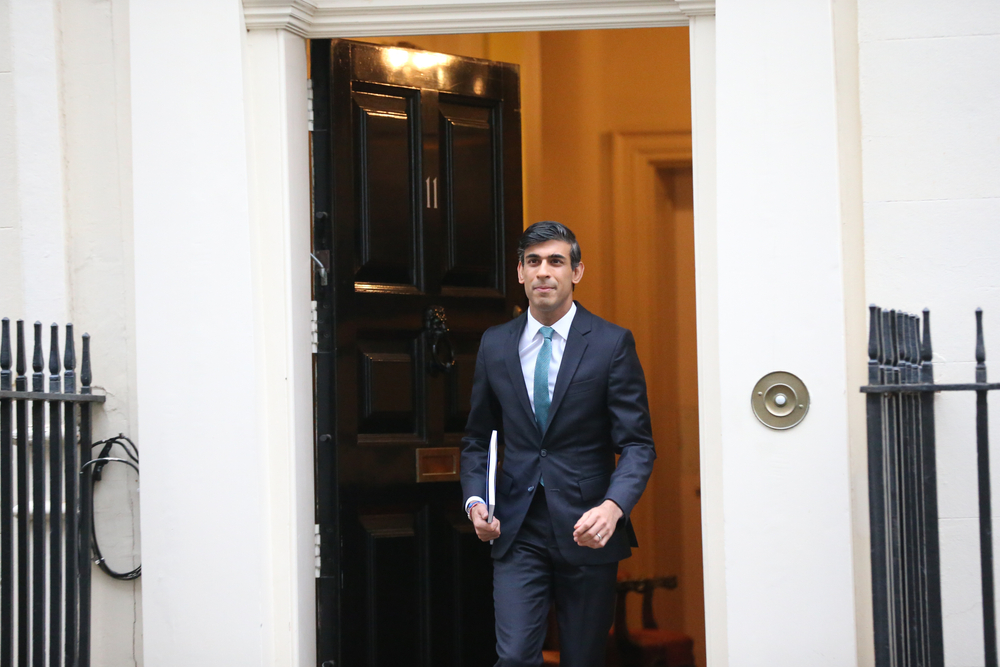Will New UK Prime Minister Sunak Help Along The Pending UK-Gulf Cooperation Council Trade Deal?
The United Kingdom has a new Prime Minister in Rishi Sunak, the first time an ethnic India has held the role. Given both the UK’s and India’s close trade and economic ties, we look at the prospects for Sunak to deliver a meaningful trade agreement for the UAE.
Sunak, born in 1980, served as the British Chancellor of the Exchequer from 2020 to 2022, having previously served as Chief Secretary to the Treasury from 2019 to 2020. A member of the Conservative Party, he has been Member of Parliament (MP) for Richmond (Yorkshire) since 2015. He was born in Southampton to Indian parents who had emigrated from East Africa and was educated at Winchester College. He attended Lincoln College, Oxford, and later gained an MBA from Stanford University as a Fulbright Scholar studying economics.
He is married to Akshata Murty, the daughter of N. R. Narayana Murthy, an Indian billionaire who founded Infosys. After graduating, Sunak worked for Goldman Sachs and as a partner at various Hedge funds.
Elected for Richmond (Yorks) at the 2015 general election, Sunak served as Parliamentary Under-Secretary of State for Local Government and voted for the Brexit withdrawal agreement. After Boris Johnson became Prime Minister, he appointed Sunak as Chief Secretary to the Treasury. Sunak replaced Sajid Javid as Chancellor of the Exchequer after his resignation in February 2020.
As Chancellor, Sunak was prominent in the government’s economic response to the economic ramifications of the government’s decision to impose lockdown to deal with the COVID-19 pandemic in the United Kingdom. He resigned as Chancellor on 5 July 2022, citing the differences between himself and Boris Johnson.
As both a senior politician and an economist with commercial experience, Sunak has extensive India connections and family ties via his wife to the Indian commercial elite. While he will not wish to be seen to be avidly pro-India, the UK government has been working on a trade agreement with India – and the GCC. Sunak will be in a position to see both sides of the coin, although will come under increased Indian pressure to expand trade and other ties with the country. How that develops remains to be seen. It may also negatively influence any position as regards China, already considered a bogeyman in deep quarters of British politics.
Concerning the UAE, Sunak will be well aware of the strong trade ties between the UK-India-UAE triumvirate. The UAE involvement comes as Britain launched free trade negotiations between the UK and the Gulf Cooperation Council (GCC) on 22nd June this year. The GCC includes Bahrain, Kuwait, Oman, Qatar, Saudi Arabia, and the UAE.
Equivalent to the UK’s seventh largest export market, the GCC bloc’s demand for international products and services is expected to grow rapidly to £800 billion (US$906 billion) by 2035, a 35% increase – opening huge new opportunities for UK businesses. A free trade deal would also open the door to increased investment from the Gulf, supporting and creating jobs across the country – with positive spin off consequences for India.
Sunak, who himself has the economic and trade chops to understand the implications, seems the right man to shake off Britain’s Brexit blues and get at least some trade agreements over the line. The proposed UK-GCC agreement may be one. With a Conservative Party under intense internal and external pressures, getting the deal done before the next election as something for Westminster to shout about may well prove a politically savvy move, especially as such an agreement is expected to result in a deal worth £1.6 billion more a year to the UK economy. If so, Sunak will be prioritizing as many pending trade agreements as is possible.
UK businesses should be looking to the Gulf for opportunities – and especially if Sunak’s stated policies include trade.




Comments